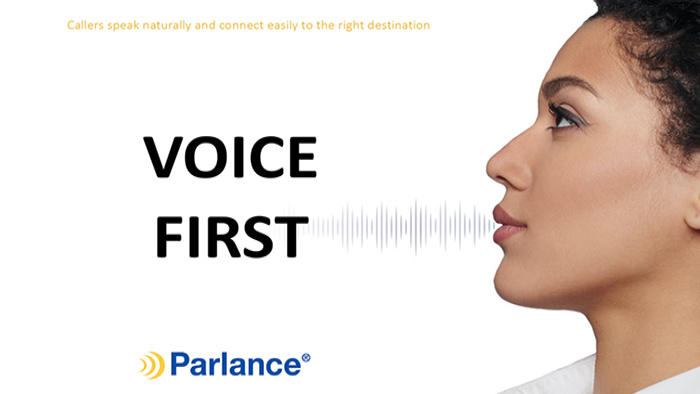High-effort patient experiences due to long hold times, excessive transfers, and outdated technology cause stress and dissatisfaction. Efficiently handling incoming calls is often a challenge for hospitals and health systems. Enhancing the voice channel is key to improving the healthcare consumer journey.
Voice-first applications are intelligent speech technologies that include automatic speech recognition (ASR) and natural language processing (NLP). Many of us frequently ask Siri questions. We ask Alexa to play music or tell us the weather. Voice-based searches are just easier for people, young and old.
Old-fashioned IVRs (sometimes called phone trees) are a big source of frustration for patients and caregivers. No one wants to “listen closely because options have changed” and then press numbers on a keypad…especially when their needs don’t match with the options provided. Outdated methods, waste live effort, hinder business operations, and complicate the caller experience.
Conversational AI-powered technology such as modern interactive voice response (IVRs) and intelligent virtual assistants (IVAs) increase caller self-service, improve overall healthcare consumer experiences, and remove irritating and time-consuming barriers to access. Click here to learn why this technology is important for patient access.
The Parlance solution is purpose-built for healthcare’s digital front door, leveraging speech recognition technology to improve the caller experience. Low-effort navigation with modern IVRs and IVAs enable patients and caregivers to use their own voices to fulfill their needs. Callers with routine requests connect to the right resource without waiting on hold or using a confusing, outdated phone tree menu. When people self-serve, call volume goes down and live agents and operators are more available to provide quality assistance to callers who require human support. Speech-driven call routing is cost-effective, low-risk for health systems, and boosts productivity.
Parlance is the only company to deliver conversational AI-powered solutions as a fully managed service. It means, we:
- Learn about our customer’s unique needs
- Design and produce automated yet natural interactions (all recorded with a live person’s voice)
- Build all the necessary applications to make your system work well in your unique environment
- Lead the rollout when the system goes live (so your IT team doesn’t have to)
- Manage the application through continuous updates, directory import automation, manual intervention, and daily 24/7 monitoring.
by Parlance Team


